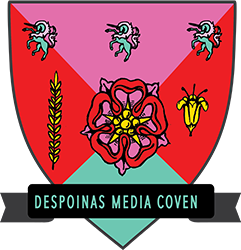The following is an extract from Ellie Rennie’s lengthier Medium blogpost, which can be found here
When systems get too big and powerful, people have a tendency to group together and demand a stake, a say, in the decision-making of that system. Various attempts to develop ethical guidelines for automated decision-making systems like artificial intelligence (AI) exist, as well as calls for greater accountability through mechanisms such as oversight committees.
Participation, however, can take many forms.
What might it be like to be part of a machine — a robot or infrastructure — that makes decisions? ‘Part of’ in the sense that there would be a critical mass of people participating in the machine, and (crucially) that when enough of us ceased to participate it would die. Who gets to participate might depend on whether you have a stake or are impacted by the machine’s decisions. Those who participate would benefit and so might others.
Such a participative automated decision-making machine would be different to AIs that use data extracted from our own actions and networks but give us no power in how they run. It would also be different to the individualistic notion of a singularity, where our bodies are upgraded until we are each something else entirely (yet still operate as separate, competitive agents). It is a version of Haraway’s cyborg that runs on pooled resources and information.
A participative automated machine is a post-human prospect, meaning that we are no longer defined by being separate and superior to the non-human. These machines and infrastructures are constituted of and by us.
Cooperation rather than competition defines them. They are not necessarily evil or a threat to our species, nor are they inherently good.

Where would such machines come from?
One place to look for such machines is in distributed systems (the other place, which I will not cover here, is in data cooperatives). Distributed systems exist without a centralised controller. The security, stability and existence of the machine depends upon enough people choosing to direct their own resources and ideas to running nodes. Distributed systems are used right now for transactions and registries, forming what we call ‘the internet of value’. In this extended, imaginary scenario, the distributed machine is also able to make decisions based on what we choose to feed it.
In a recent Moneylab talk, I outlined five phenomena for identifying and knowing these emergent machines:
• Peer-to-contract technologies
• Participation
• Capabilities
• Automated recursive public infrastructures
• Communication and play
For my analysis of these points, please consult my MoneyLab talk via the archived recording or lengthier Medium blogpost, which can be found here.








